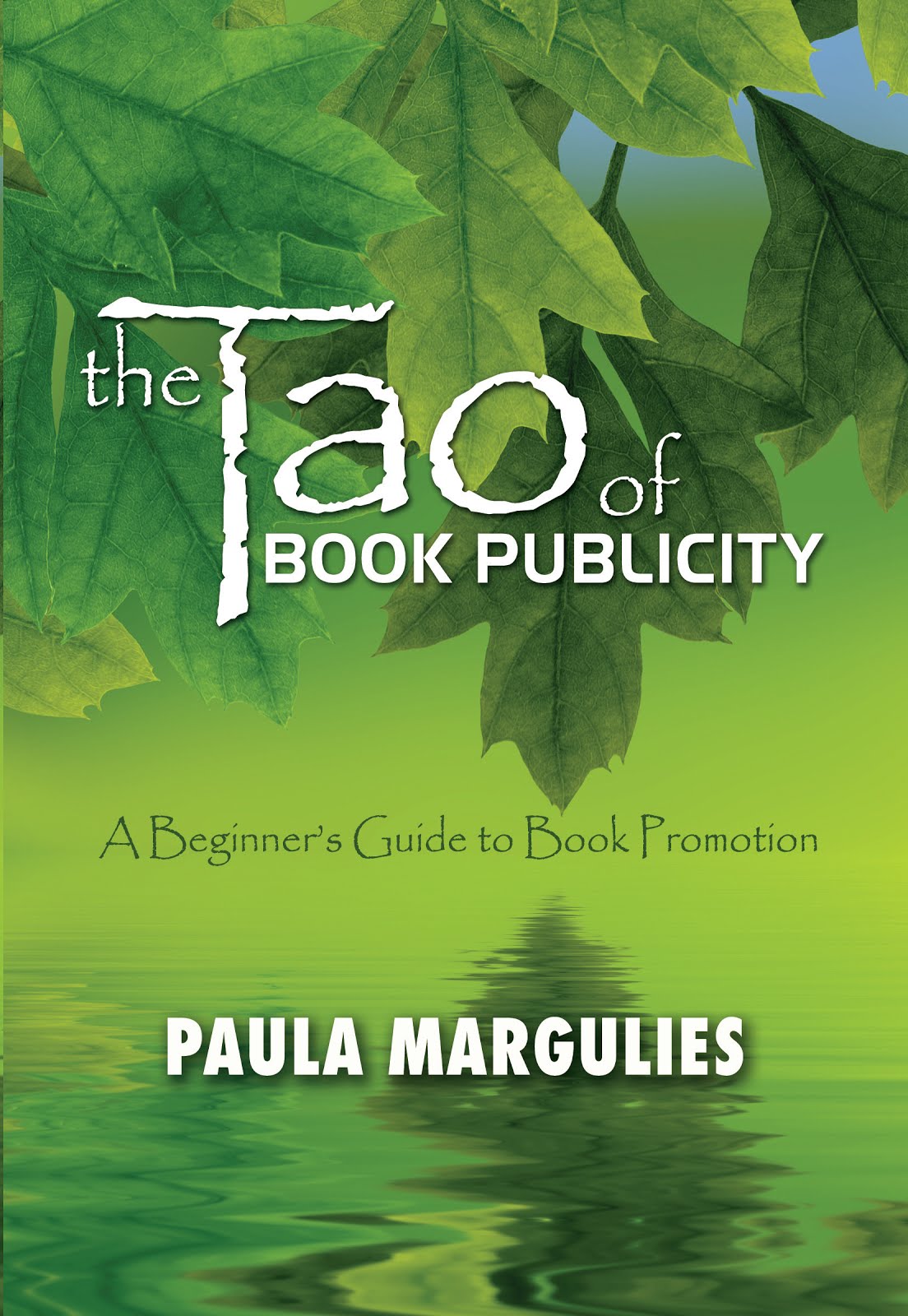 My son, Max, and I volunteer every Saturday with the Escondido Humane Society (EHS), where we take care of the rabbits the EHS has placed in local Petco stores as part of an adoption outreach program. Our duties, begun two years ago, include cleaning cages, replenishing hay, kibble, and water, bringing the animals fresh greens, exercising them in an x-pen setup, grooming and interacting with them, and providing information to store visitors interested in adopting.
My son, Max, and I volunteer every Saturday with the Escondido Humane Society (EHS), where we take care of the rabbits the EHS has placed in local Petco stores as part of an adoption outreach program. Our duties, begun two years ago, include cleaning cages, replenishing hay, kibble, and water, bringing the animals fresh greens, exercising them in an x-pen setup, grooming and interacting with them, and providing information to store visitors interested in adopting.What began as a volunteer activity to help my son with college applications has become a labor of love for both of us. During the past two years, we’ve cared for over forty rabbits and have seen many of them get adopted. Even though we’re happy when they find forever homes, it’s hard to watch the rabbits go; after weeks of working with them, they inevitably burrow their way into our hearts. But our volunteering has been a wonderful bonding activity for my son and me and has allowed us to give back in a way that sustains our mutual love for animals.
Max and I have developed a rhythm to our volunteer routine; since he’s good with animals, he
 does most of the bunny handling and grooming. Since I’m more into organizing and chatting, I take care of the trays, hay boxes, and water bowls, and answer potential adopters’ questions.
does most of the bunny handling and grooming. Since I’m more into organizing and chatting, I take care of the trays, hay boxes, and water bowls, and answer potential adopters’ questions.On a recent volunteer day, I was busy cleaning one of the rabbits’ trays when a mouse scurried out from under a display rack and skittered across the floor in front of me. The sight of the tiny critter motoring so quickly across the linoleum made me laugh out loud. After months of the same routine every Saturday, this little interlude made my day in a fresh and surprising way.
The runaway mouse also got me thinking about the importance of surprise in our writing. An unexpected element, especially one that makes us smile, can infuse new life into a story that has been rolling along on cruise control. This concept is especially true for those of us mired in the middle of novels, where we’ve become bogged down by static plot lines and characters. An unusual event, an atypical action by a character, or even a surprising bit of dialogue, can give us fresh perspective on a storyline and lend renewed interest and enthusiasm to authors and readers alike.
As an author, I love when the characters in a book I’m writing suddenly do or say things that surprise me. This usually occurs when I’m not sure exactly what will happen next in a scene – suddenly, a character will behave in an unexpected way, and it’s so refreshing and unusual that it peaks my interest. Soon, I’m off writing the next few lines, eager to see where the new direction will lead.
I believe that readers, like authors (and volunteers), also love it when we surprise them. So, if you’ve been slogging through the middle of your latest novel, try letting your characters do something unexpected. The unusual twist may be exactly what you need to give yourself – and your readers – a reason to smile.







